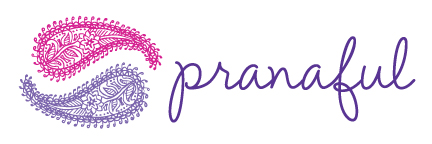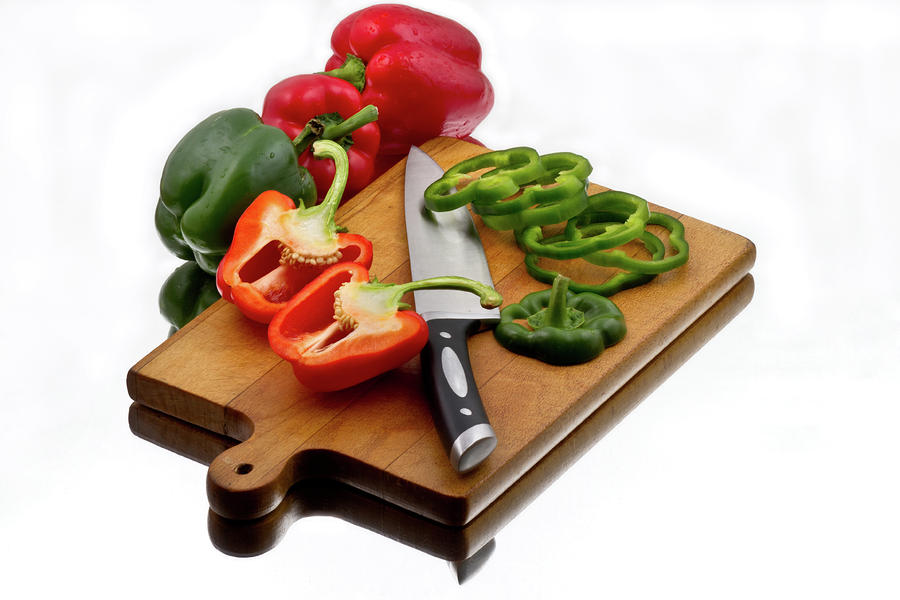I had the pleasure to see the movie "Chef" last night at a special screening hosted by Zocalo Public Square, which included a special post-film Q&A with L.A. chef Roy Choi of the Kogi food truck empire (who served as technical consultant on the film) and the movie’s writer-director-star Jon Favreau. I was surprised that in his response to the final question of the night, Favreau went into a somewhat lengthy exposition on his perception of the mindfulness that is naturally cultivated when a chef carefully prepares a dish and then has the opportunity to serve it to an eater, while also mentioning his own challenges to incorporate mindfulness into his own life, including his film-making.
 I was thrilled to hear Favreau bring together my two passions – cooking and mindfulness. And I’m also hopeful that this movie – with its incredibly realistic portrayal of the back-of-the-house environment in high-end restaurants – will generate discussions about the conditions that many people suffer through in the name of good food, and the toll that long hours take on the work/life harmony of people in the food business.
I was thrilled to hear Favreau bring together my two passions – cooking and mindfulness. And I’m also hopeful that this movie – with its incredibly realistic portrayal of the back-of-the-house environment in high-end restaurants – will generate discussions about the conditions that many people suffer through in the name of good food, and the toll that long hours take on the work/life harmony of people in the food business.
Without revealing too much of the plot, "Chef" is at its essence the story of an acclaimed chef who becomes burnt out cooking at a well-regarded restaurant in Los Angeles, eventually finding a way to create his own creative outlet for his food via a popular food truck (a story pretty much identical to Choi’s path that led to the creation of the Kogi food truck). I relate to this story in some ways, as my exposure to the “mainstream” chef community (in Berkeley’s Gourmet Ghetto) sent me running to blaze my own path, without ever taking on a traditional role in a restaurant environment.
The main impediment I saw to being part of a restaurant team was the seriously unhealthy lifestyle most chefs live and the tragically unmindful work environment most must endure. The chefs I found myself alongside at the culinary school where I studied in Berkeley were nearly all chain-smokers, who guzzled Diet Coke/coffee/caffeinated beverages with whatever free hand they found in the kitchen, while drinking far too much once the night ended. Topics of conversation typically included their depression, dissatisfaction with their lives, and desires for more time with their partners/families.
I was told by many that I was crazy to want to pursue a path of bringing more mindfulness into the kitchen environment. Speed, efficiency and perfection (whatever that means) were preached to me as the values one should cultivate in the kitchen. I struggled when I was told to hurry up by people I worked with when I was already moving at a pace that felt unsustainable.
I’m not saying all chefs are unhealthy and unhappy, but the large majority I have encountered who work in restaurants are severely disgruntled with their chosen profession. I’m inspired when I come across a chef who encourages a mindful kitchen environment, but those are few and far between, especially outside of Zen monasteries.
One thing chefs certainly don’t lack is passion. Despite the toll that professional cooking can take on one’s body, emotions and personal life, the reason higher-level chefs stay in the business is because it offers a pathway for their artistic creation (my personal perception is that most line chefs and prep cooks are in the biz to pay the bills and put money on the table). I totally get this drive and know that it can lead to that feeling of flow that one only experiences when truly fulfilling their life’s purpose and deepest calling. I just wish that being in the flow for a chef didn’t require so many other sacrifices most of the time.
I hope that "Chef" can inspire culinary artists to seek their own paths, finding outlets for creative expression that allow for a less-demanding schedule, better working conditions and the ability to be present in the moment more often while working. I’m grateful to have found my own path, cooking mainly for yoga retreats and clients that appreciate the quality of food that can only be created in a calm, serene environment.
That said, I think this subject applies not only to chefs but also to their eaters. It’s said in Ayurveda, Chinese Medicine and other ancient systems (as well as by modern proponents of mindful eating) that the energy of a chef gets assimilated into our food, and we must digest the mood/emotions of that individual as well as the actual food we consume. With that in mind, I think most people eating in restaurants are taking in far more than they bargained for, at least energetically. This idea may seem a little “out there” but is one I am slowly seeing rise in importance to conscious foodies. I believe strongly that with time, we will see a demand for food prepared in a less-frazzled, mindful setting.
Hats off to Jon Favreau for an excellent movie that is both comedic and deeply touching, and may it plant the seeds for more mindfulness to arise in kitchens everywhere.




